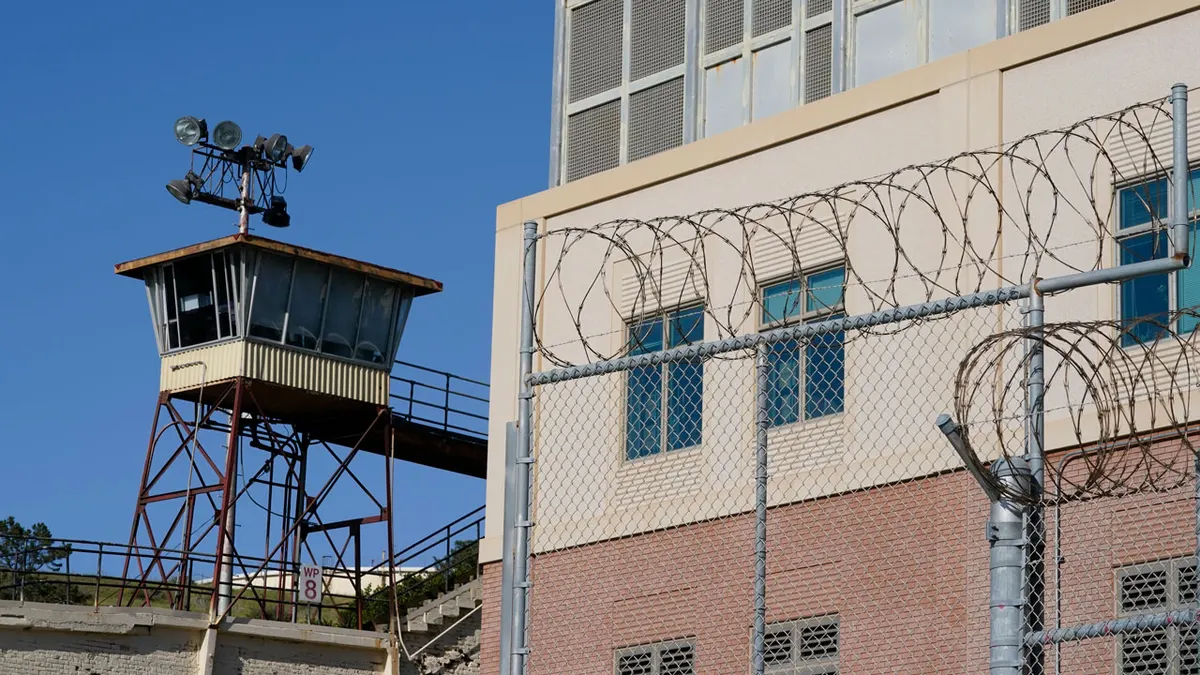Fox News Flash top headlines for February 8
Fox News Flash top headlines are here. Check out what's clicking on Foxnews.com.
California voters could decide whether to reinstate voting rights to people in prison on felony convictions under a newly proposed constitutional amendment.
It would be a major expansion of suffrage for incarcerated people if passed. California would join Maine and Vermont, as well as the District of Columbia, as the only states where felons never lose their right to vote, even while they are in prison, according to the National Conference of State Legislatures.
The California bill, introduced Monday by Assemblyman Isaac Bryan, proposes an amendment to the state constitution.
"Democracy thrives when everybody has a chance to have their voice heard," Bryan wrote on Twitter.
Two-thirds of each chamber of the state legislature must vote yes for the bill just for it to appear on the ballot as a proposition. Voters must then approve it by a simple majority for it to become a constitutional amendment.
California is currently among 21 states where felons only lose their right to vote while they are incarcerated, the conference says. The right is automatically reinstated upon release.
CALIFORNIA UNIVERSITY APOLOGIZES FOR 'UNETHICAL' EXPERIMENTS ON PRISON INMATES

Barbed wire and a guard tower is seen at San Quentin State Prison on April 12, 2022, in San Quentin, CA.
CLICK HERE TO GET THE FOX NEWS APP
Some states’ laws require probation and parole to be completed for the restoration of voting rights. In other states, people incarcerated on certain crimes lose their rights indefinitely after release.
The California constitution currently disqualifies people who are incarcerated in state or federal prison from voting and restores the right upon their release. The law previously required felons to complete their parole period before getting back their right to vote; Californians approved the change to get rid of that requirement in a 2020 constitutional amendment.
Bryan, a Los Angeles Democrat and the chair of the Assembly's Committee on Elections, faces a tough sell for the 2/3rds votes. While the Legislature is controlled by Democrats, the party has conservative representatives from rural areas and major progressive policies aren't guaranteed to pass.
The committee's Republican vice chair, Assemblyman Tom Lackey, opposes the bill.
"Criminal acts should have consequences. Voting is a sacred privilege, not an absolute right of citizenship," wrote Lackey, a Republican from Southern California, on Twitter.









































